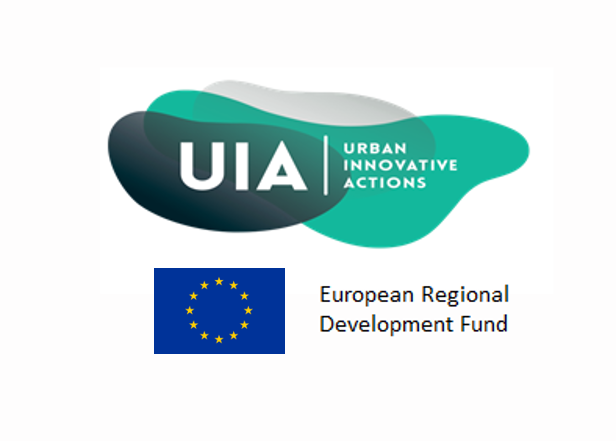Launched in 2015, the Urban Innovative actions provide urban areas throughout the EU with resources to test new and unproven solutions to address urban challenges with a total ERDF budget of EUR 372 million for 2014-2020. Five calls for proposals later, it represents of set of 86 projects taking place in 19 Member states (and the United Kingdom) working towards making EU cities greener, safer, more inclusive, ready for the digital transition and ...
Assessment Study of the Urban Innovative Actions 2014-2020 is published
- 08 February 2021

Launched in 2015, the Urban Innovative actions provide urban areas throughout the EU with resources to test new and unproven solutions to address urban challenges with a total ERDF budget of EUR 372 million for 2014-2020. Five calls for proposals later, it represents of set of 86 projects taking place in 19 Member states (and the United Kingdom) working towards making EU cities greener, safer, more inclusive, ready for the digital transition and a number of other urban issues in line with the Urban agenda for the EU.
The present study constitutes the first external assessment of the UIA while the implementation of the initiative is ongoing. Its findings must thus be seen as preliminary and not capturing a full impact for which an ex-post evaluation will be need, as from 2024 onwards. It was carried out between January and November 2020 to check whether the initiative is achieving its goals and explore how it can be improved and/or simplified in the perspective of its renewal as a central component of the European Urban Initiative (EUI) over 2021/27. The study contains a broad range of outputs, data analyses, cases studies and relies on a wide consultation process that allowed to gather more than 500 contributions from stakeholders (UIA beneficiaries and applicants, Managing authorities of ERDF programmes covering urban matters, cities organisations at EU level and in Member States).
The assessment study draws a positive picture of achievements that can be observed so far: UIA calls for proposals generated a high interest from cities across Europe and resulted in a good mix of projects and forms of innovation that are starting to show tangible results. Recommendations include retaining the fundamental elements of the instrument, better defining the types of innovations to be pursued, strengthening the focus on sustainability, scaling-up and transfer of successful innovations and revising the selection and implementation process with a view to improving the operational readiness of projects and their relevance to Cohesion Policy 2021-2027.
Should you are interested in knowing more about the UIA, its achievement and future as part of the EUI, please register and join the last of a series of UDN webinars “Urban innovative actions, achievements and perspectives’ taking place on 10 and 17/02/2021.
More information
